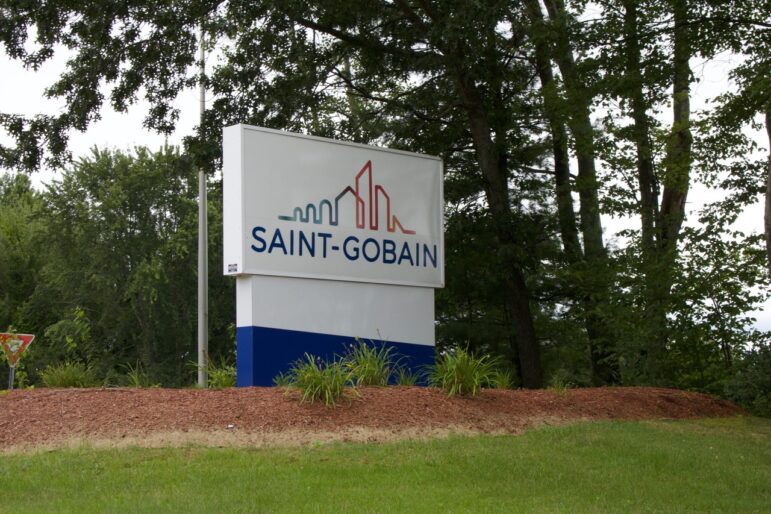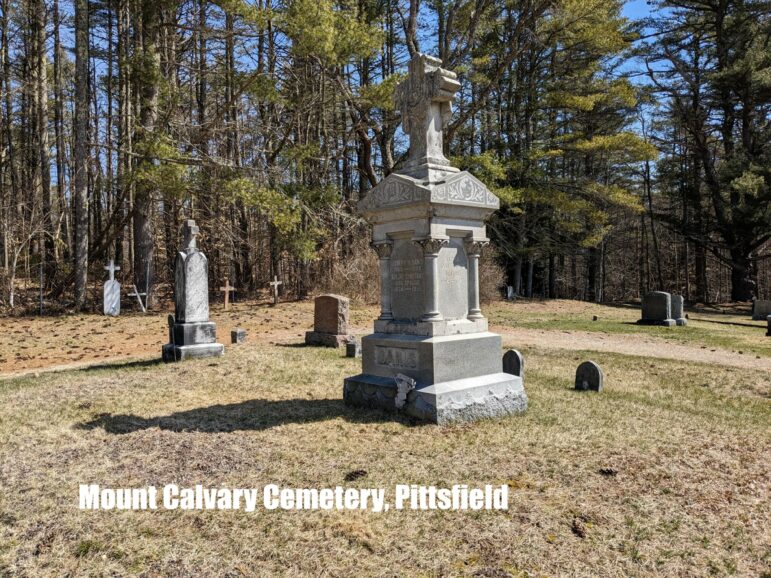LACONIA — Legislation pending in the state House of Representatives would shift millions of dollars of taxes away from utilities and onto the backs of local taxpayers, City Manager Scott Myers said in a letter urging lawmakers to kill it.
Taxes are typically based on an appraisal of a property’s fair market value, but House Bill 1381 would have appraisals of utility land take into account its original purchase price.
If a utility’s property appraisal were to go down, its taxes would decline. Homeowners would presumably have to make up the shortfall.
Find more information about HB 1381, which has a House floor vote on Tuesday, by clicking here.
The New Hampshire Municipal Association, in its Feb. 23 Legislative Bulletin, explained how the bill would work:
“So that piece of land that the electric company bought in 1920 for a dollar an acre, and that is now surrounded by land selling for $50,000 an acre? It would be valued at a dollar an acre. Seriously.”
Myers’ letter was sent to local state representatives Charlie St. Clair, David Huot, Frank Tilton and Peter Spanos.
“Flawed taxation formulas that were made up on the fly will significantly reduce a municipality’s ability to assess utility property at fair market value, and fair market value is the entire premise for quality assessment,” Myers wrote.
The City Council gave Myers permission to send the letter.
Rep. Patrick Abrami, R-Stratham, the sponsor of the bill, acknowledged that the legislation has drawn criticism and said it will likely be tabled, meaning it would not progress, but he called Myers’ letter “parochial.”
Abrami said taxation of utility property varies greatly from one municipality to the next, and that has led to numerous lawsuits. Some municipalities set the tax too high and some too low. He contends his bill would standardize practices.
He also said that, when municipalities set taxes too high, the utility passes on those costs to ratepayers.
“Some towns are gaming it, assessing well above what the utility property is worth,” he said.
“Let’s say Laconia is playing it fair,” he said. “What happens if other towns are overassessing utility property?”
Abrami said utility rates are set by the New Hampshire Public Utilities Commission and property taxes are a “pass through,” or an item automatically added to the rate. That means that municipalities who overassess utility property can cause power rates to increase in nearby communities.
St. Clair, Huot and Spanos all said they’d vote against the legislation. Tilton did not return a call for comment.
“This seems like a plum for the utilities,” St. Clair said. “There’s no guarantee this will put money in citizens’ pockets in terms of reduced rates. On the contrary, that’s not normally the case.
“Any savings on our rates will quickly be erased on increased taxes to make up for deficits given to municipalities.”
It’s Tax Time for NH Utility Customers





